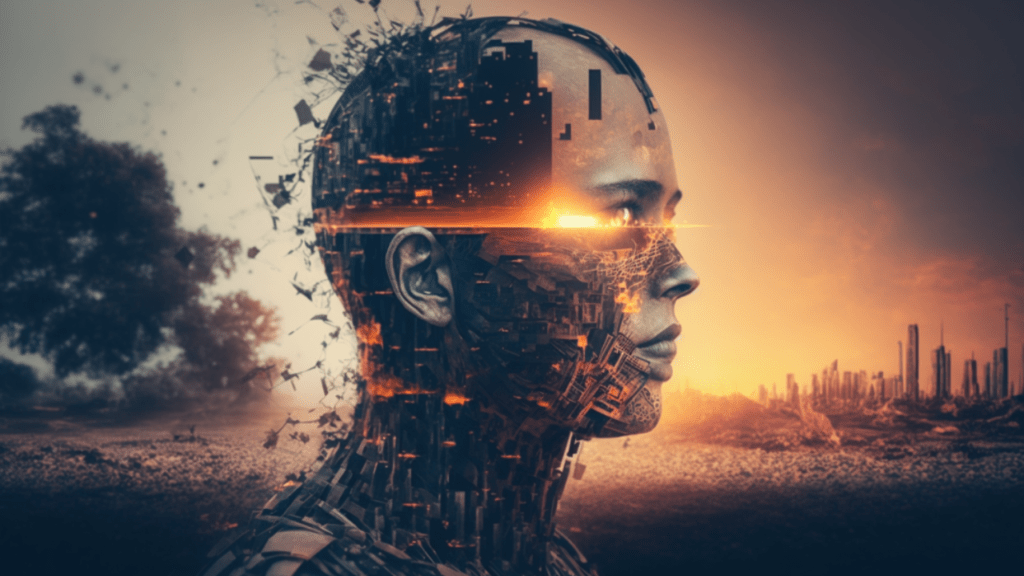Photo was created by Webthat using MidJourney
Navigating the Implications of AI
Artificial Intelligence (AI) has been a term that’s been widely used and discussed in the tech industry for many years now. Interestingly, it seems that only recently are we starting to fully comprehend the true impact that AI can have on every industry.
AI involves the creation of computerized systems that are capable of completing tasks which would normally necessitate human intelligence. From recognizing speech to solving complex problems, AI is expanding at a rapid pace and its potential seems boundless.
In this blog post, we will explore the impact of AI on every industry and discuss how we can regulate its development to align with human values such as morality.
Sundar Pichai’s Warning
Sundar Pichai, the CEO of Google, cautioned that every product produced in the future will be affected by AI. He cited an example of how Google’s experimental product, Bard, can create a chatbot that feels like you’re talking to a real human.
Bard has a striking ability to create responses that are similar to how a human would reply. It can write book reviews, stories, and create synthetic content. The chatbot has raised concerns about the ethical implications of creating a machine that can pass off as a human.
The Disruption of Jobs
One of the most significant concerns about AI is the disruption of jobs in various industries. AI will undoubtedly change the workforce, and it will be felt by knowledge workers in fields such as writers, accountants, architects, and software engineers.
The development of software that can perform tasks that were previously done by humans could lead to job displacement. The potential consequences of this job disruption would be felt by workers who must retrain for new positions, and it could lead to economic inequality.
Google’s Experimental Product, Bard
Google’s experimental product, Bard, was launched to the public last month. Its capabilities sparked a heated discussion. Some experts are calling for a pause in experiments with large language models, including Bard, due to the ethical implications of creating a chatbot that is too convincing.
It is challenging to determine when the line is crossed between synthetic content and genuine human-generated content. The development of Bard and similar products is likely to always have its critics.
Google’s Recommendations for Regulating AI
Google recognizes the importance of regulating AI and released a document outlining their recommendations. The document stresses the importance of developing rules that align with human values such as morality.
It proposes creating regulation that balances societal benefits with potential harms. This approach creates a call to work towards creating AI that is human-centered and grounded in ethics.
Ensuring Ethical AI Development
The impact of AI on every industry is inevitable, and it is up to us to regulate its development carefully. Sundar Pichai’s warning and Google’s recommendations illustrate the importance of developing AI with caution and care.
While AI will bring significant advancements, it is crucial to develop AI that aligns with human values such as morality. The future of AI depends on its ethical development, and we must make sure that this development is done in such a way as to benefit humanity.
CLICK HERE TO READ MORE ON WEBTHAT NEWS

